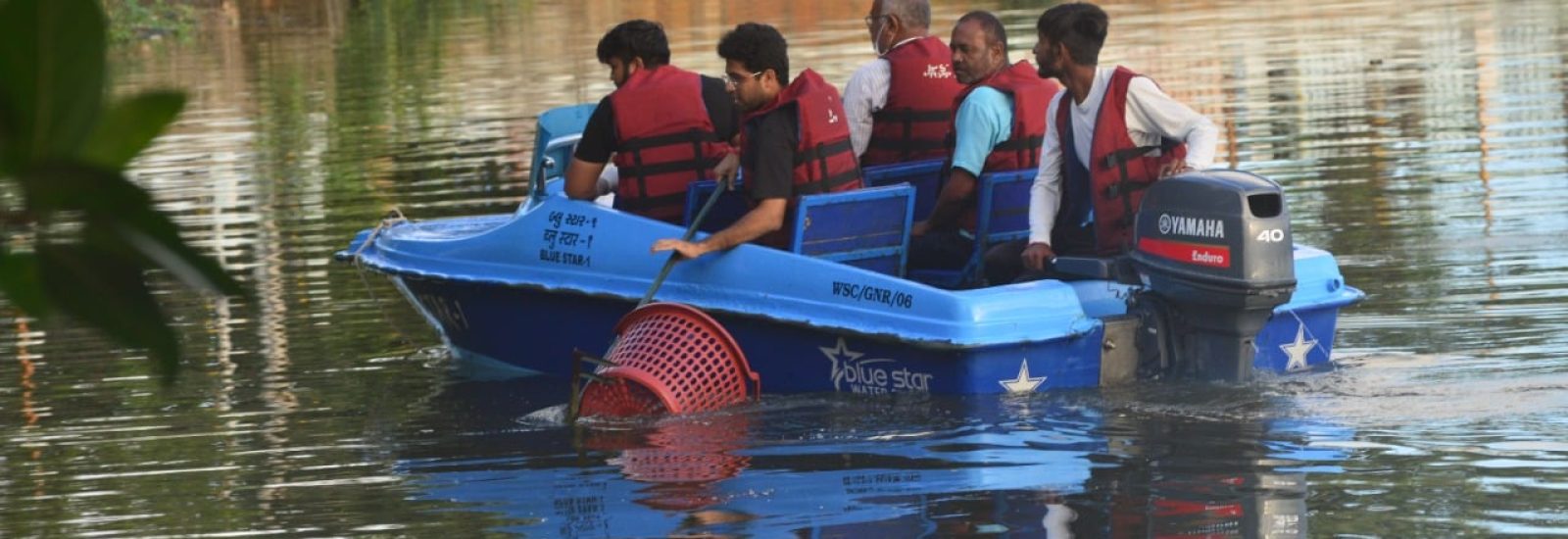
Clean-Up Drives
Weekly clean-ups to fight pollution and waste
Introduction
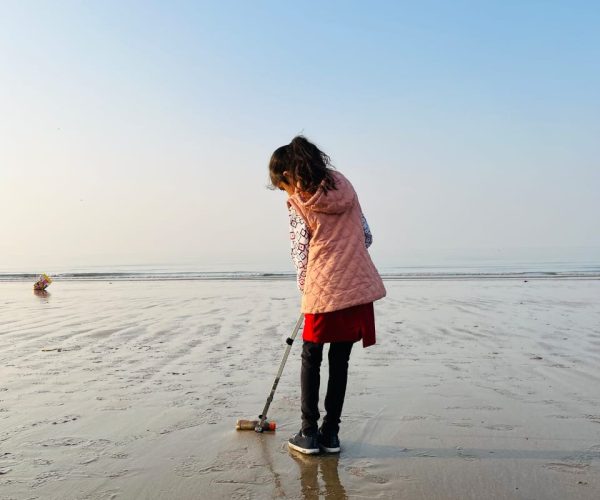
Beaches are not just fun places to visit—they’re also home to many plants and animals and connect the land to the sea. But sadly, more and more beaches are getting covered with trash like plastic bottles, bags, food wrappers, and old fishing nets. This kind of waste is very harmful to sea animals. For example, sea turtles come to the beach to lay their eggs, and plastic can get in their way or even hurt them. Birds and fish can also eat plastic by mistake, which can make them sick or kill them.
The Secure Nature Society saw how serious this problem is and decided to take action. We started regular beach clean-up drives and ran awareness campaigns to help people understand the dangers of plastic pollution. Our goal is not just to clean, but to teach people why it’s important to keep our beaches safe. By involving locals, tourists, and students, we’re building a stronger community that cares for nature.
Why We Started This Project
Protecting the environment begins with small actions and informed choices.
During our visits to places like Hamirsar Lake and coastal beaches, we witnessed firsthand the impact of human neglect—and we knew something had to change.
We noticed a disturbing amount of plastic waste polluting these beautiful natural areas.
While many blamed local authorities, we realized the deeper issue was a lack of public awareness.
Most visitors did not understand that their litter directly harms wildlife and damages fragile ecosystems.
It became clear to us that raising awareness and involving the community are key to creating lasting environmental change.
We believe that education empowers action.
Through this project, we aim to inspire people to take responsibility and work together to protect our natural spaces.
What We Are Doing – Our Solution
- We are actively working to combat plastic pollution through community-driven clean-up initiatives.
- Every Sunday, we bring together volunteers—including students, locals, tourists, and fishermen—to clean beaches, lakes, riversides, and hills.
- Our mission goes beyond just cleaning. We use creative methods like street plays (nukkad nataks) and awareness marches to engage the public and educate them about the harmful effects of plastic waste. These activities are held in high-traffic areas such as beaches, where they have the greatest impact.
- By combining action with awareness, we aim to inspire people to take ownership of their environment and become part of the solution.
Challenges We Are Facing
While our efforts have made a positive impact, we continue to face several ongoing challenges:
Low initial volunteer turnout, especially in remote areas
Lack of proper waste disposal bins at popular spots
Recurring pollution, with trash returning within days after a clean-up
Unpredictable weather conditions, which sometimes force us to postpone or cancel scheduled drives
To address these challenges, we are conducting regular awareness sessions in schools and colleges, partnering with local authorities for better support, and maintaining a consistent clean-up schedule to sustain community involvement and visibility.
Further Solutions We Are Working On
To make our efforts more effective and long-lasting, we are focusing on building strong partnerships and involving the community at every step. We believe that real change happens when everyone plays a part.
Partnering with municipal bodies to install permanent segregated dustbins
Conducting plastic recycling workshops in schools and community centers
Encouraging local businesses to sponsor and actively participate in clean-up drives
By combining awareness with action, and support with responsibility, we are building a movement that grows stronger every day.
We believe long-term impact comes from collaboration and consistent effort—and we’re just getting started.
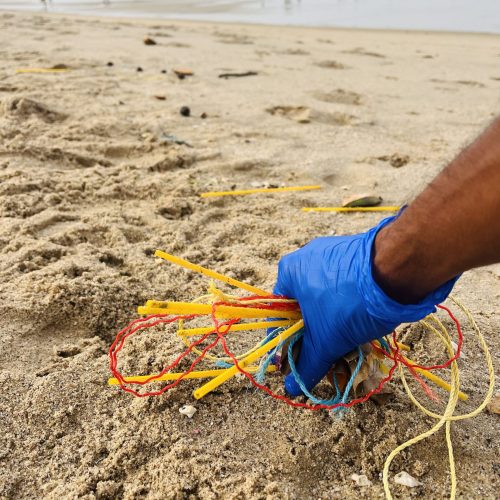
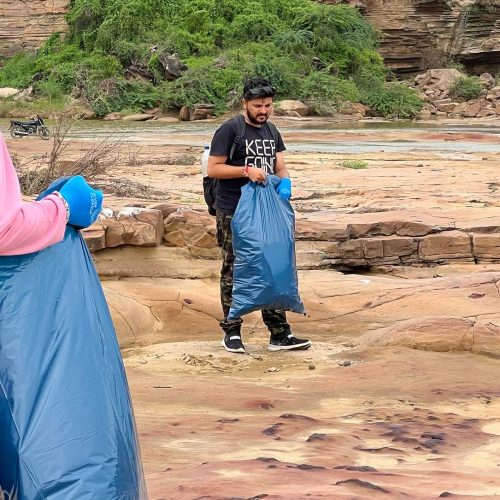
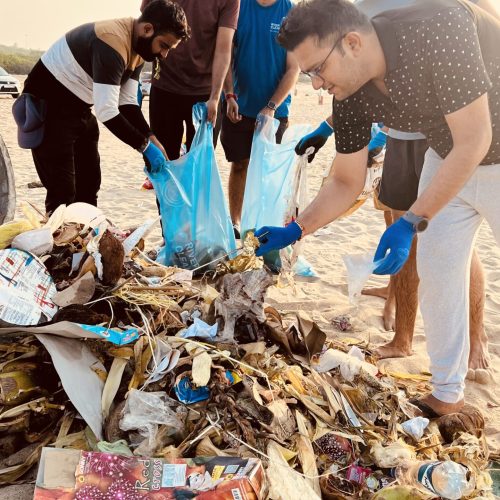
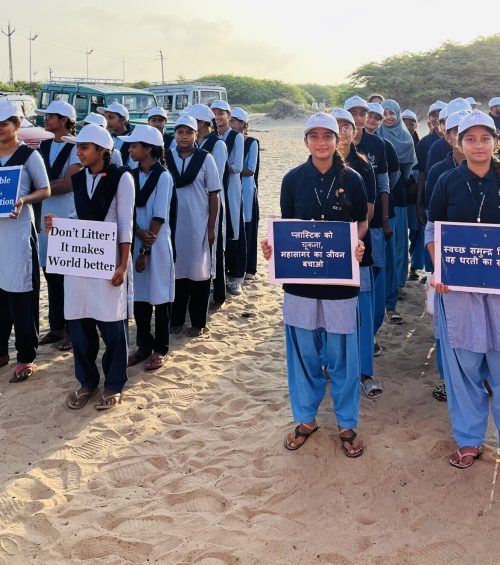
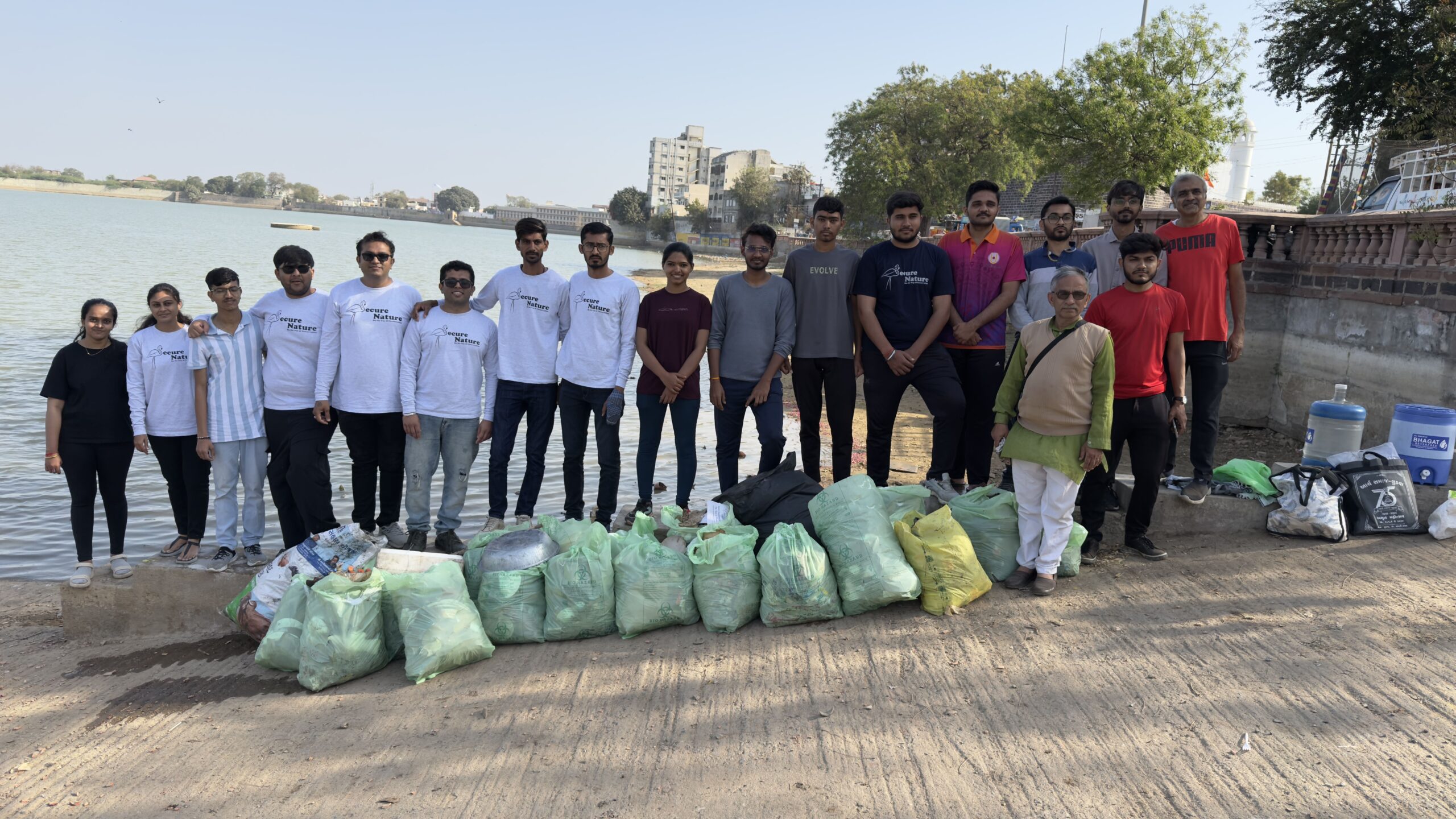
How You Can Make a Difference
Every action counts in the fight against plastic pollution. Here are some simple yet impactful steps you can take to support a cleaner, greener environment:
1. Take Your Waste Home
Always carry your trash back with you after visiting beaches, lakes, or natural sites. Leave only footprints.
2. Avoid Single-Use Plastics
Choose reusable alternatives to plastic bottles, bags, and wrappers. Small daily changes lead to lasting environmental benefits.
3. Participate in Clean-Up Drives
Join local clean-up initiatives or organize one with friends and neighbors. Collective efforts lead to meaningful results.
4. Segregate and Recycle Waste
Proper waste segregation helps ensure that plastics are recycled and don’t end up polluting natural habitats.
5. Raise Awareness
Use your voice to educate others—online and offline—about the impact of plastic pollution and the importance of sustainable choices.
6. Encourage Sustainable Practices
Speak with local businesses about reducing plastic packaging and support those adopting eco-friendly alternatives.
7. Support the Cause
Your contributions help us equip volunteers, conduct awareness campaigns, and expand our reach. Every donation strengthens the movement.
A cleaner beach isn’t just beautiful—it’s a sign that we care for life below water.
Project Report – Impact So Far
✅ 148 Clean-up Drives Completed (as of 2nd March 2025)
🗑️ 48,625+ kg of Plastic Waste Removed
🙋♀️ 600+ Volunteers Engaged
Our efforts span a wide range of ecological hotspots—from urban lakes to rural coastlines. Here’s a glimpse of where we’ve made a difference:
Major Locations Covered:
Beaches: Windfarm Beach (multiple drives), Serena Beach, Modhva Beach, Ravalpir Beach, Kashivishwanath Beach, Dhrabudi Beach, Kranti Tirth Beach, Asar Beach
Lakes & Water Bodies: Hamirsar Lake, Topansar Lake, Khatri Talav, Rukmavati River
Waterfalls & Hills: Ratdia Waterfall, Unodh Village Waterfall, Dhinodhar Hill, Tapkeshwari Hills
Other Notable Sites: Ganga Naad, Kalo Dunger, various rural lakesides and urban hills
These locations represent more than just clean-up sites—they are symbols of growing community awareness and commitment to protecting our environment.














